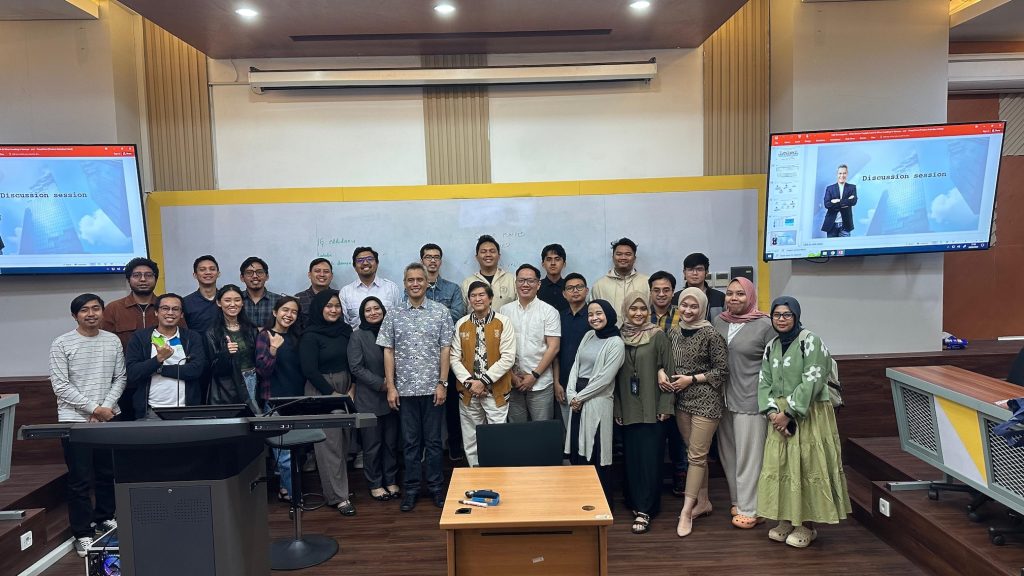Digitalization is a business trend and a necessity in developing businesses. In Indonesia, many companies are using digitalization to establish their businesses, which has given rise to digital-based start-ups.
Financial products like payments and insurance technology have emerged in start-up businesses using digital banking. There are quite a lot of ecosystems in financial technology that are used for the development of these start-up businesses. From the development of this start-up business, venture capital emerged, which, with its capital, can improve a start-up business to develop services or products for consumers and improve the quality of the business operations.
According to Eddi Danusaputro, CEO of BNI Ventures, venture capital’s characteristics differ from independent equity in a company. The high risk of investment in venture capital and investor control in start-up businesses certainly means that start-ups can develop optimally. The investment stage in venture capital also requires equity participation. Venture capital makes a profit through an exit strategy, such as selling shares, acquisitions, and mergers.
Eddi explained the ins and outs of venture capital during a seminar organized by the SBM ITB on Wednesday (20/3) in Amphitheater Room 2, Pertamina MBA ITB Building. ITB students attended the seminar to increase their insight into venture capital in developing start-up businesses.
According to Eddi, several vital aspects faced by venture capital when investing capital in start-up companies are how to capitalize on start-up business ideas to anticipate the “Tech winter.” During the “Tech winter,” investment interest in start-up businesses decreases significantly. This triggers the development of slow start-up businesses, and there are layoffs of employees in these start-up businesses. Therefore, every venture capitalist should be able to pay attention to the development of start-up businesses that will be invested in in the future.
On the other hand, said Eddi, venture molds must pay close attention to the environment in start-up businesses to determine whether an investment can run optimally. According to Eddi, the market prospects in Indonesia are very selective. Investors in start-up businesses are very selective when it comes to investing in corporate businesses and start-up businesses.
Business funding in Indonesia has also declined since 2022. It is estimated that this decline will continue in the next few years. This requires a venture capital strategy to help fund these start-up businesses.
However, the positive thing is that Indonesia is still one of the largest digital economies in ASEAN, where the development of start-up businesses is increasing very rapidly. Even after the COVID-19 pandemic, the development of start-up businesses continues to experience growth amidst decreasing valuation and funding. Therefore, venture capital is very significant in the progress of start-up businesses in Indonesia.





